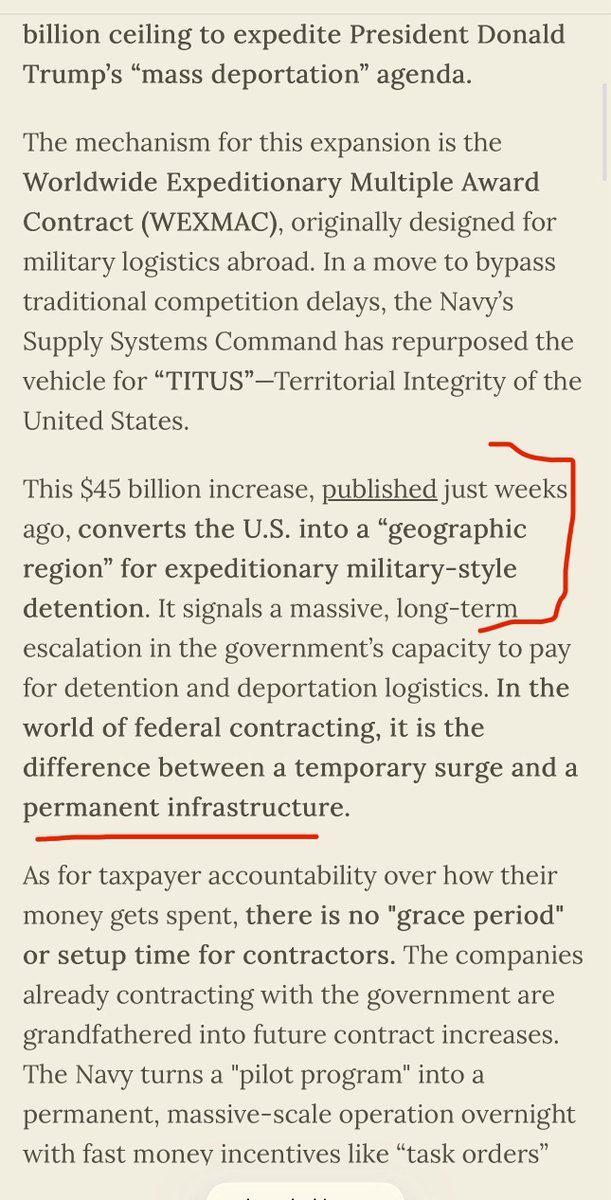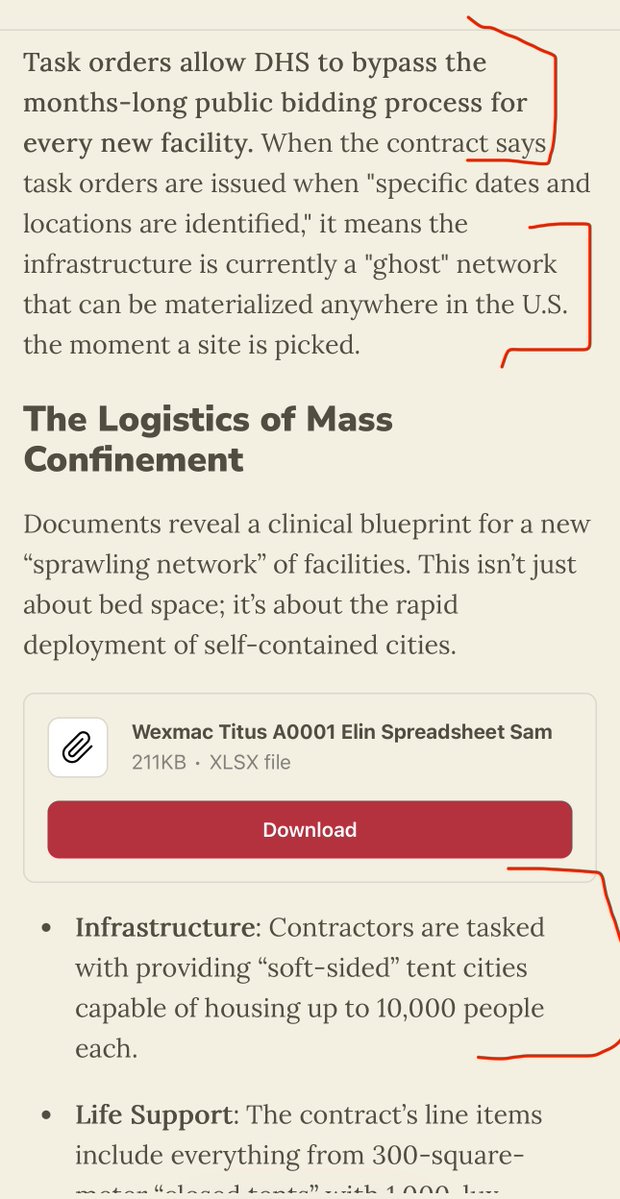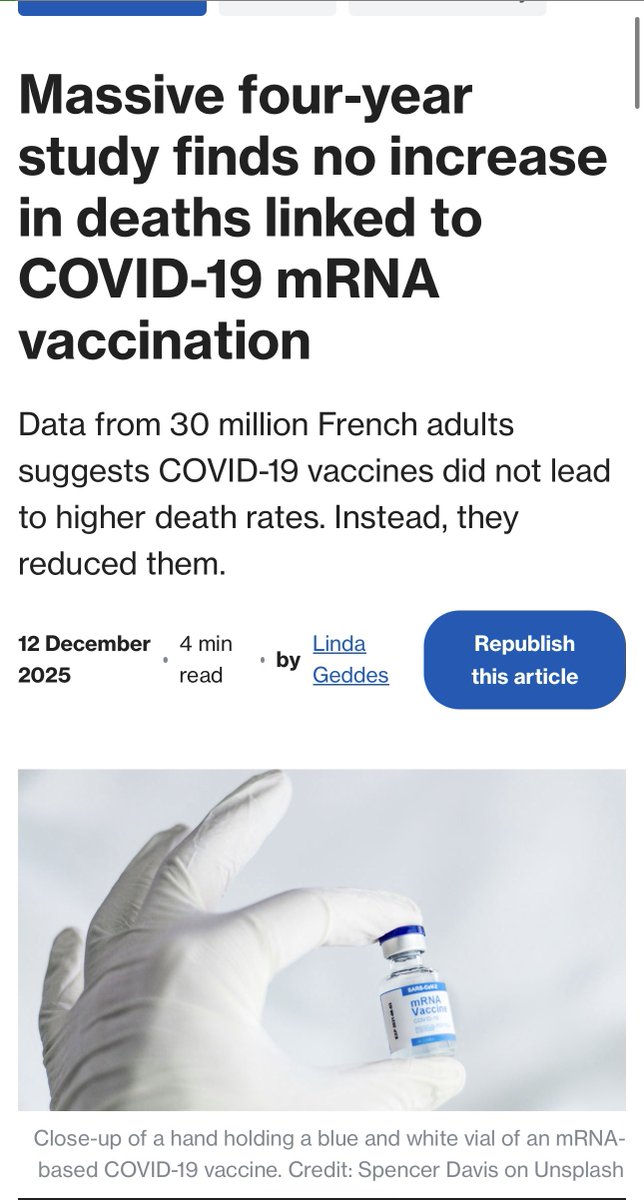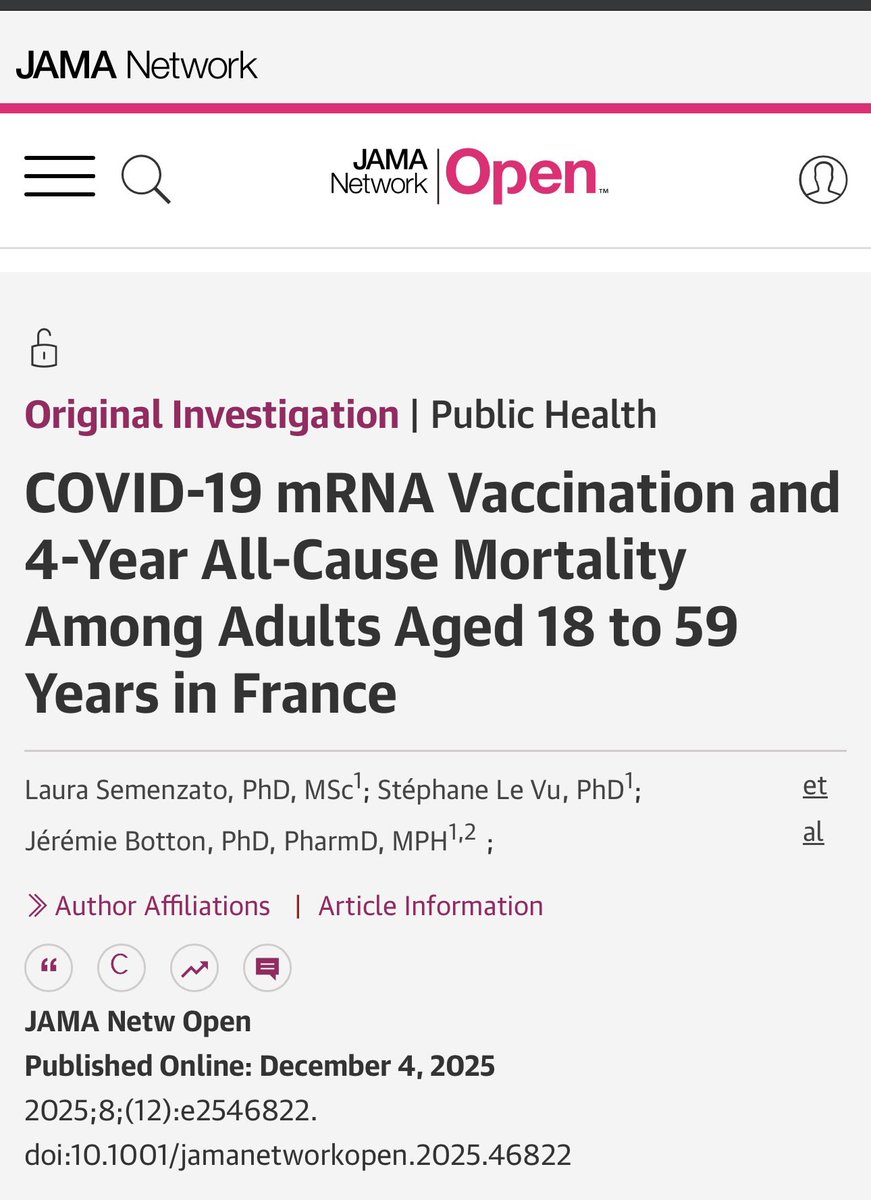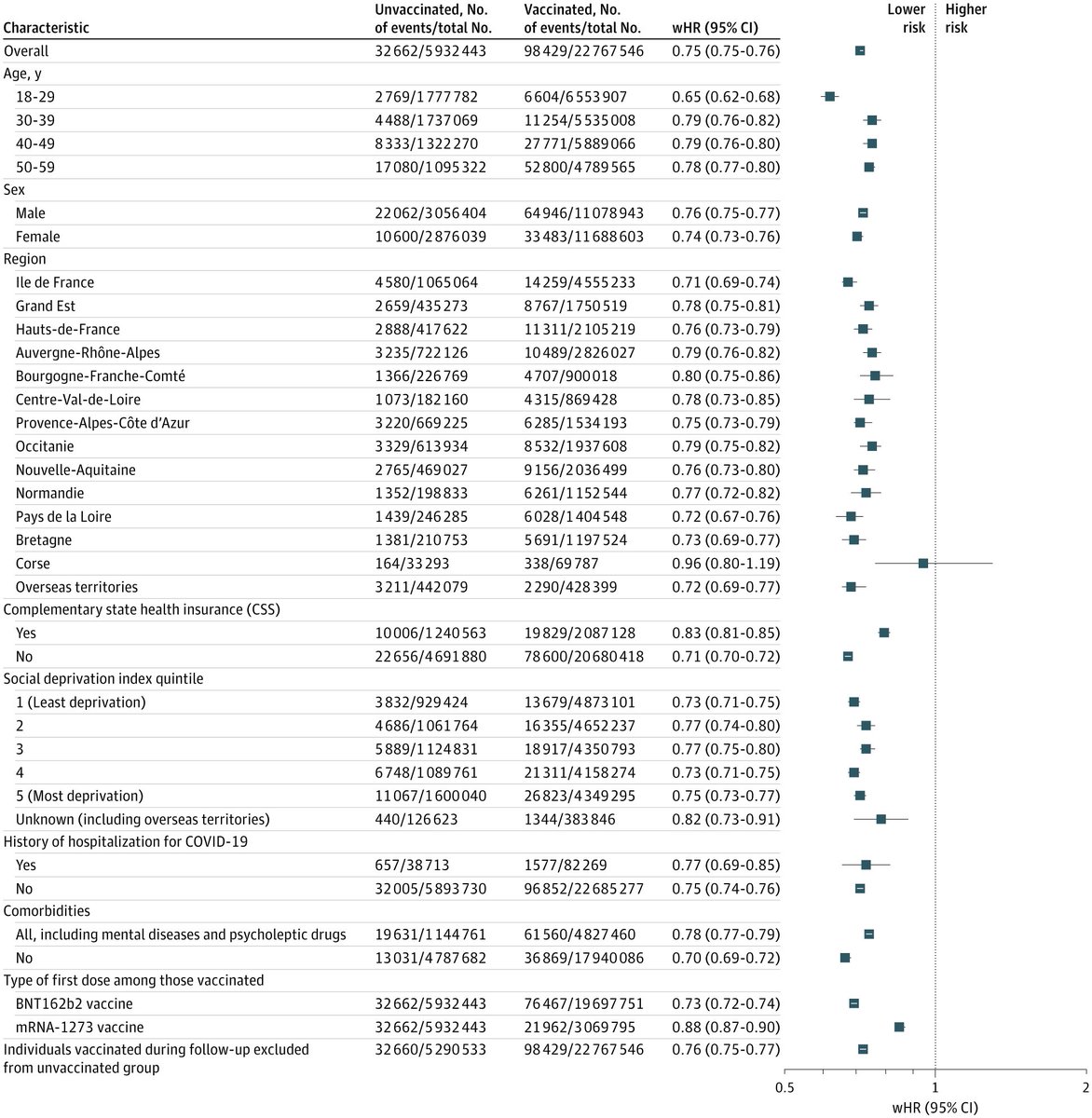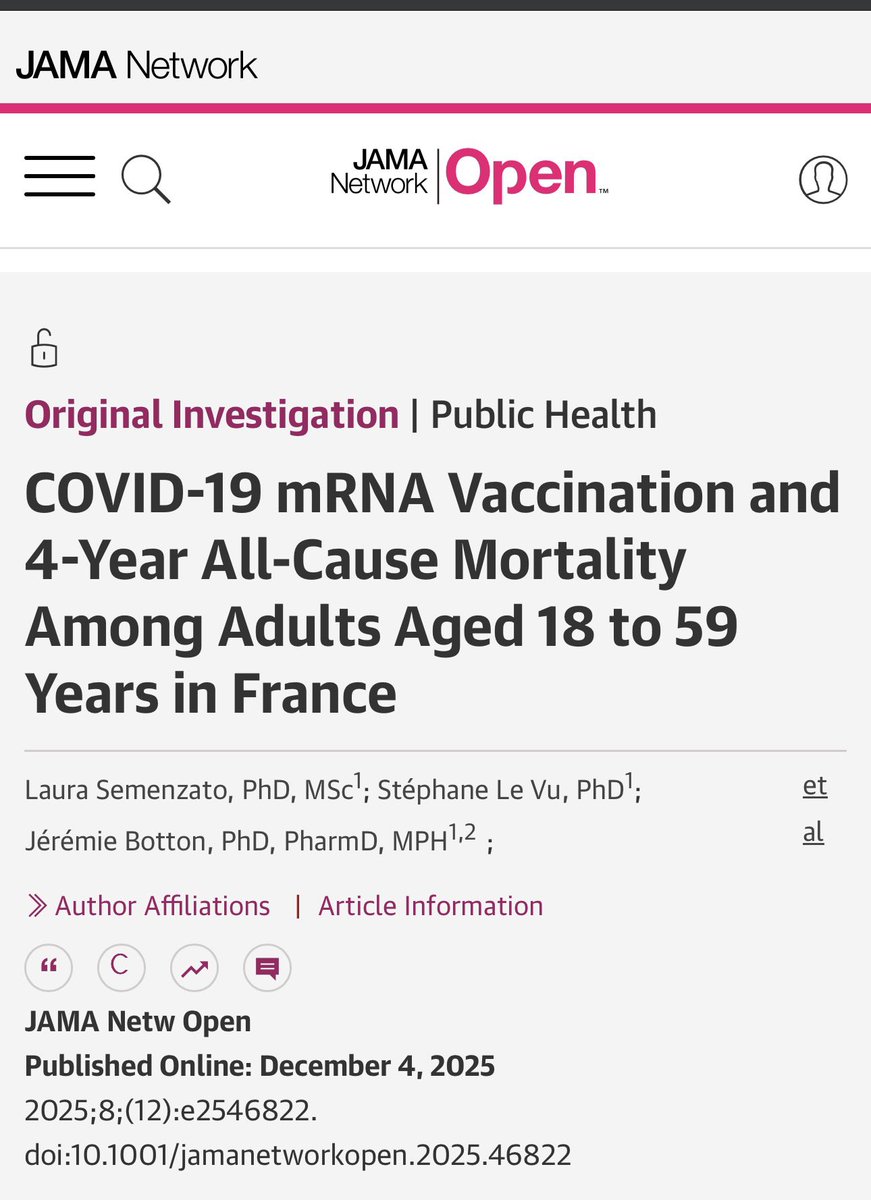📍Pardon my vent about insufficient ventilation / air exchange & school policy. Air exchange (via fresh air or disinfection) is really important for reducing #COVID19 transmission—we should aim for 5-6 air exchanges per hour. Achieving 5-6 is harder, but should we give up? No!🧵 

2) President Kennedy once said, we choose to goto the moon 🌙 not because it is easy, but because they are hard—and important. Some think asking for sufficient school ventilation is like asking schools to goto the moon. No, not true! It’s possible. We can do it.
3) First there are ways to ventilate without HEPA filters or full windows. You can even with 1 door. 2 doors better. Here is how to ventilate your school classrooms if unable to open window. #COVID19
4) Notably in a room with just 1 door, use 2 fans—one high and one low to the ground blowing in opposite directions. See video above for details.
5) But many classrooms have HEPA filters are a good bet. If your classroom has only 2 ACH (air exchanges) per hour, you can bump it up to 5 with a HEPA filter! *Depending on room size of course. Some rooms will need 2 HEPA filters.
6) the best HEPA filter discussion thread is by Dr @CorsIAQ - a well regarded aerosol scientist.
https://twitter.com/CorsIAQ/status/1362618407066030083
7) I won’t go too much into Upper air UV at the moment, even though they definitely do work — they are better for larger room rooms like auditoriums, gymnasiums, multipurpose rooms, and cafeterias. And they can achieve 15 ACH per hour which is better than airplanes ~10 ACH/hour.
8) But i won’t discuss too much on upper air UV because costs are variable and schools should focus on ventilation and HEPA filters first. And is there funding support? Yes soon in the Biden COVID Bill—$130 Billion for school reopening. google.com/amp/s/www.vox.… 

9) $130 billion for schools is a good start. But there are 13,000 K-12 schools in the US. So about 10 million per school, but not all for ventilation and air quality obviously—but a large sum of that should be for air quality, not for plexiglass dividers! guide2research.com/research/ameri…
10) Notably lacking emphasis though is ventilation and airborne precautions in the latest CDC guidelines. CDC did mention it but it was buried in the details and not reinforced much.
https://twitter.com/DrEricDing/status/1360343218177646597
11) The science on airborne virus and need for ventilation is there. Leading scientist have writing a strong letter to @CDCDirector @JeffZients of @WHCOVIDResponse and Fauci to add more guidance on ventilation and premium masks. drive.google.com/file/d/1O5zd_J… 

12) Notably, they ask:
📌 Update and strengthen CDC guidelines to fully address transmission via inhalation exposure to small inhalable particles from infectious sources at close, mid and longer range. Updated guidelines should be informed by a risk assessment model that focuses
📌 Update and strengthen CDC guidelines to fully address transmission via inhalation exposure to small inhalable particles from infectious sources at close, mid and longer range. Updated guidelines should be informed by a risk assessment model that focuses
13) on source & pathway (ventilation) controls first, followed by respiratory protection. Workers in the highest risk categories, including all healthcare workers and other workers with prolonged, close contact with infectious people, must also be provided respiratory protection.
14) The scientists @RickABright @kprather88 @celinegounder @linseymarr @Don_Milton @mtosterholm @robertschooley very politely but strongly ask for these airborne safety measures and updates to be made. drive.google.com/file/d/1O5zd_J… 

15) Premium masks, we should switch to, but that is outside of individual school control. But what is not outside school board control is what we can do to invest in air quality and air exchanges. Dr @CorsIAQ says the cost of a HEPA is just $10 per student, plus $3 per year!
https://twitter.com/corsiaq/status/1362618410048229376
16) Let that sink in — roughly $10/student initial investment and then just $3/student per year for every classroom to get a portable HEPA filter!!! That is not too much ask! And the Biden bill’s 130 billion for schools has more than enough for HEPA & other advanced upgrades.
17) Also, some say getting 4 ACH is good enough. Why stop at just 4? Why not get a second HEPA filter for larger classrooms or high density rooms? Or if unable to afford HEPA, use a Jerry rigged “Corsi Box”! 

18) What is this “Corsi Box” you ask? Good question. It’s named after famed aerosol engineering professor @CorsIAQ of course, and it is 1 simple box fax + 5 MERV13 air filters—two 16X20X2 and three 20X20X2 inches + cheap box fan!
texairfilters.com/a-variation-on…
texairfilters.com/a-variation-on…
19) It’s quite simple. You take these MERV13 grade filters that can filter out virus aerosols, and tape them up together tight like this.... 



20) “So how did “Corsi Box Fan with 5 MERV 13 Filters” Air Cleaner perform? Great. Airflow from the fan was 580 feet per minute. Box ensures more surface area of the filter media – better air flow with minimal strain on the fan motor. Plus the filters will last for 6 months” 

21) Small additional note on the CORSI BOX.... because of air leakage on the corner of the box fan—use a “fan shroud” like this. It will improve air flow and filtration. Cut it out of simple cardboard.
texairfilters.com/how-to-improve…

texairfilters.com/how-to-improve…

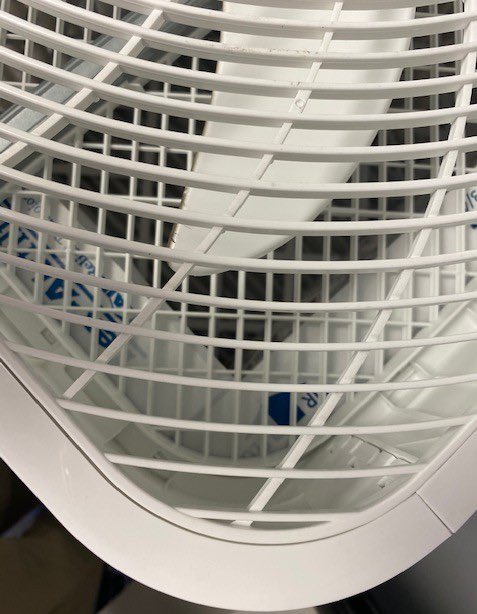
22) By adding the “fan shroud” (also used in automotive engineering), here is an enhanced Corsi Box. Total cost is well under <$50. And lasts a long time. And provides good MERV13 filtration. WIRED has a longer article—but the CORSI BOX is the best design. google.com/amp/s/www.wire… 

23) The Wired articles goes into the details of the history and filtration engineering, and goes into CADR—"clean air delivery rate" (CADR), a combination of efficiency of the filter in pulling gunk out of the air and speed of air pushed through system.
google.com/amp/s/www.wire…
google.com/amp/s/www.wire…
24) “CADR conveys that in cubic feet per minute—researchers now recommend five complete change-outs of the air in a classroom every hour. So ideally, you’d use the cubic footage of the room and the CADR of the filter setup to figure out how big a purifier, or how many, you need”
25) So the Corsi Box is calculated with that particular box fan to pull 580 feet of air per minute — then multiply by the size of the fan.... to get the volume flow rate. Then calculate the size of the room. Then divide to see if you can achieve 5 ACH or more.
26) also important is CO2 sensors. It’s not the CO2 per se that’s risky, it’s a proxy for ventilation. We want CO2 levels as close to fresh air of ~400, so optimally <450 parts per million. When a parent put one on his child, he saw it spike up over 1000–meaning poor indoor air.
https://twitter.com/drericding/status/1361349558291345411
27) in environmental health, there is a common phrase we often Use—“THE SOLUTION TO POLLUTION IS DILUTION”. The pollutant is the virus aerosols. The dilution is the ventilation / air cleanings. Make sure u have a CO2 meter to check fresh air.
google.com/amp/s/www.wash…
google.com/amp/s/www.wash…
28) Typo in post #9– there are 130,000 K-12 schools in the US. So it would be about $1 million per school for COVID safety assistance in the Democratic House bill— a reconciliation bill that only needs simple majority and bypasses Cloture / filibuster. So good chance of passage!
29) “Until we recognise that #COVID19 is airborne we are setting ourselves up for repeated failure”
P.s. they don’t use masks in video because Australia 🇦🇺 is at almost #ZeroCovid #COVIDisAirborne
P.s. they don’t use masks in video because Australia 🇦🇺 is at almost #ZeroCovid #COVIDisAirborne
30) new recent study on portable HEPA filters and #COVID19 risk.... huge difference.
https://twitter.com/drericding/status/1363638390432948227
• • •
Missing some Tweet in this thread? You can try to
force a refresh


